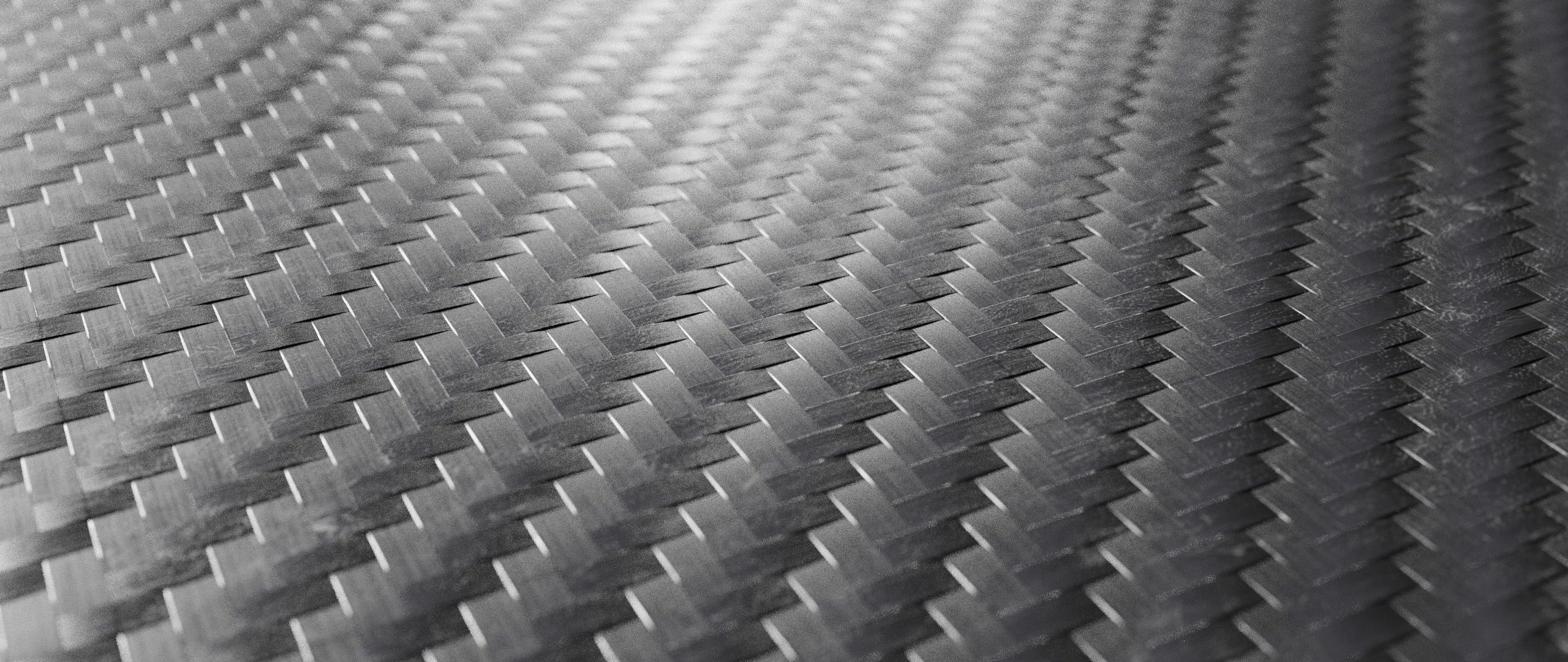What is Carbon? A comprehensive overview

Definition of carbon or carbon fiber
Carbon fibers are high-strength, ultra-light fibers made of carbon atoms and obtained through a complex manufacturing process. These fibers are at the heart of many modern high-tech materials. They consist of long chains of carbon atoms arranged in a regular structure, which gives them exceptional mechanical properties.
Carbon properties
Carbon has a number of notable properties that set it apart from other materials:
-
High-strength fibers: Carbon fibers are stronger than steel and at the same time significantly lighter
-
Light Weight: Despite their high strength, carbon fibers are extremely light, making them ideal for applications where weight plays a critical role.
-
High Stiffness: Carbon offers excellent stiffness, making it particularly valuable for structures that need to be stable and dimensionally stable.
-
Corrosion resistance: Carbon fibers are resistant to chemical influences and do not corrode.
-
Heat resistance: Carbon retains its shape and strength even at high temperatures.
-
Longevity: Carbon products have a long service life and are very resistant to wear and aging.
Use of carbon in various industries
The exceptional properties of carbon make it a sought-after material in numerous industries:
-
Aerospace: Carbon is used here due to its low weight and high strength to make aircraft and spacecraft more efficient and powerful.
-
Automotive Industry: Lightweight and strong carbon parts help reduce the weight of vehicles, resulting in better fuel efficiency and performance.
-
Sports Equipment: Carbon is used in high-performance sports equipment such as bicycles, tennis rackets and golf clubs to make them lighter and stronger.
-
Medicine: In medical technology, carbon is used for prostheses and implants that must be light and biocompatible.
-
Formula 1 and racing bikes: The flexible fabric is also used specifically in Formula 1 and racing bikes
Advantages and disadvantages of carbon
Advantages
-
High strength and low weight: Carbon offers an unbeatable combination of strength and lightness.
-
Longevity: Carbon products are very durable and retain their properties over long periods of time.
-
Design freedom: Carbon can be shaped into complex shapes, enabling innovative designs.
-
Corrosion resistance: Carbon is insensitive to many chemical influences.
Disadvantages
-
Costs: The production of carbon fibers is complex and expensive, which affects the final price of the products.
-
Processing: Processing carbon requires special techniques and tools.
-
Sensitivity: Although carbon is very strong, it can become brittle and break under certain conditions, such as point loads.
Difference between carbon and other materials
Compared to conventional materials such as steel and aluminum, carbon offers numerous advantages, but also some challenges:
-
Weight: Carbon is significantly lighter than steel and aluminum with comparable or even higher strength
-
Strength: While steel offers high compressive strength, carbon surpasses it in tensile strength and rigidity.
-
Corrosion resistance: Unlike aluminum, which can corrode, carbon is resistant to many chemical attacks.
-
Cost: Compared to traditional materials, the cost of carbon is significantly higher, making the end products more expensive.
Future prospects of carbon in industry
The future of carbon in industry is bright. As technologies advance and manufacturing processes become more efficient, the cost of carbon products is expected to decrease and their availability to increase. Carbon plays a key role, particularly in the areas of sustainable mobility and renewable energies.
-
Electromobility: Light and strong carbon parts can increase the range of electric vehicles by reducing the overall weight.
-
Wind power: In the manufacture of wind turbine blades, carbon enables lighter and more efficient designs.
-
Construction: Carbon concrete could replace traditional reinforced concrete structures as it is lighter and more durable.
Conclusion
Carbon is a materialwith exceptional properties and a wide range of applications.From aerospace and the automotive industry to electronics and sports equipment manufacturing - Carbon sets new standards in terms of strength, lightness and longevity. With its growing importance and technological advances, carbon will continue to play a central role in industrial development in the future. Discover the world of carbon and find out how this remarkable material is shaping the future.

